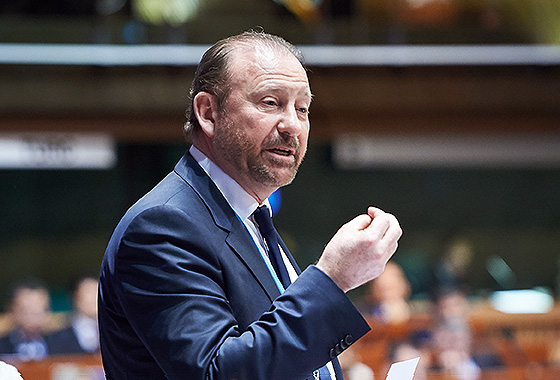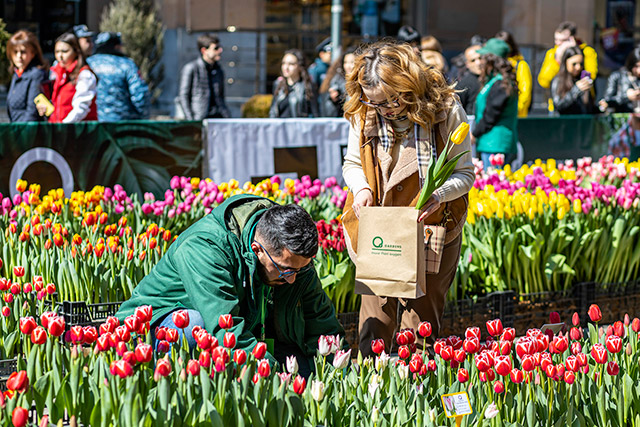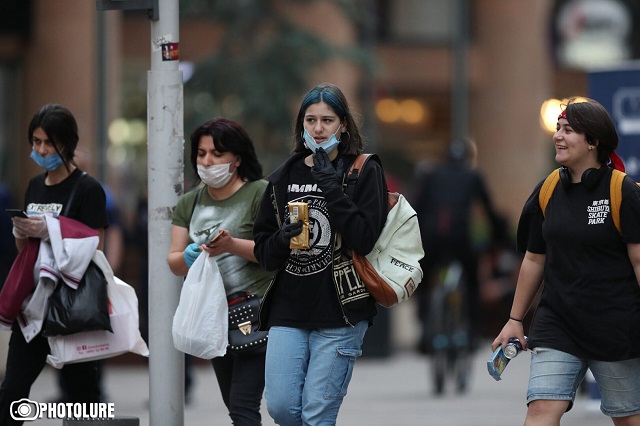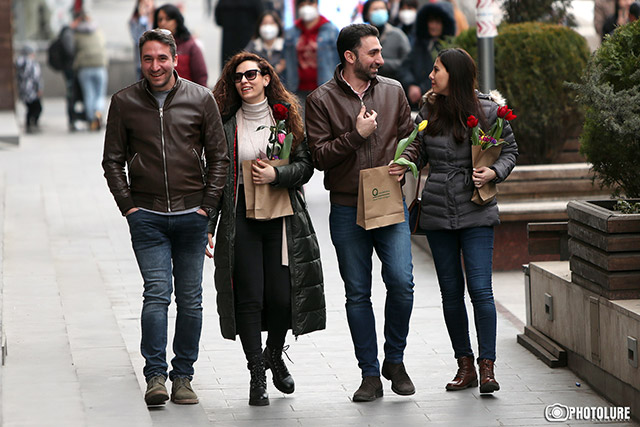Rik Daems, President of the Parliamentary Assembly of the Council of Europe, spells out the red lines no democracy should cross, even in a crisis – and warns that the COVID-19 emergency measures fast-tracked by governments around Europe should not become “the new normal”:
There’s an old proverb that says a healthy person has a thousand wishes, but a sick person has only one. The COVID-19 pandemic has brought with it a terrible clarity: each of us wants safety and good health for ourselves and our loved ones.
The response to Coronavirus is testing each of us individually, our families, our governments, our economies and our societies in ways many of us have never seen.
Almost overnight, government has become everybody’s immediate business. Politics is suddenly very up close and personal. Politicians and officials are scrambling to respond to the first duty of any government: to protect the public and save lives. But it is precisely in times of trouble that the basic wiring of a state is put most severely to the test. As the lockdowns bite, and the emergency measures take effect, are we continuing to get right the age-old balance between security and liberty?
There’s no doubt that exceptional times call for exceptional measures. Many European countries have fast-tracked emergency laws which dramatically increase state power. There have been unprecedented curbs on personal freedom – including new police powers which enable those measures to be enforced, if need be.
Read also
It might come as a surprise, but much of this is foreseen in the European Convention on Human Rights, the set of international human rights standards developed after the Second World War which today binds 47 nations.
The principles laid down in the Convention were themselves forged at a time of crisis, and were explicitly conceived as a “safety net” for liberal democracies facing existential threats. They’re intended as a check-list for hard times, and are flexible enough to cope with them.
For example, it’s possible to limit freedom of assembly under the Convention to protect health, but only on the basis of a law adopted by parliament and provided such a step meets the test of being “necessary in a democratic society”.
When even these checks and balances will not suffice, and the “life of the nation” is deemed to be under threat, governments may declare a state of emergency, and indeed a number of European nations have already done so to deal with COVID-19, including Albania, Armenia, Estonia, Georgia, Latvia, the Republic of Moldova, North Macedonia, Romania, San Marino and Serbia.
But there are also very clear “red lines” in the Convention and its case-law, as well as rules about how states of emergency must work. Some rights – such as the right to life or the ban on torture and slavery – cannot be suspended in any circumstances. The basic guarantees of the rule of law must continue to operate, whatever the situation. “States of emergency” should be proportional to the threat, in place only for as long as necessary, and in any case subject to constant review.
But perhaps most important of all, the basic building-blocks of a democracy – parliament, the judiciary and the media – should continue to carry out their functions as far as possible. These are the inviolable corner-stones of any democracy, particularly parliaments as the ultimate guarantors of liberty, and it is precisely in a crisis that their scrutiny is most precious.
As we begin, little by little, to begin contemplating the end of lockdown, my greatest fear is that these unprecedented measures become “the new normal”, and persist after the crisis is over.
We have already seen at least one European government – Hungary – taking advantage of the situation to introduce measures that are, in my view, grossly disproportionate. A number of countries, as the Council of Europe’s Human Rights Commissioner recently pointed out, have taken steps that risk hampering the work of journalists.
Pandemics generate fear and insecurity, and – as history has shown us – these in turn can drive nationalism, calls for “assertive leadership” and all the grim paraphernalia of despotism. Nations under pressure turn in on themselves, scrambling for selfish advantage as their national interests diverge. Even the European Union is showing worrying signs of disunity.
It is precisely at such times that the values of human rights – based on fundamental principles of liberty, fairness, mutual support and human dignity – come into their own. They are the ultimate guarantor that justified personal lock-down does not mutate, virus-like, into unjustified political lock-down.
I head a body which speaks for 47 parliaments, and it is our job to make sure that those “red lines” so clearly spelled out in the European Convention are not crossed today. And once the Coronavirus crisis is over, it’s our job to make sure the abnormal doesn’t morph into ‘the new normal’.”
In the difficult weeks and months to come, we will be watching very, very carefully. The European Convention on Human Rights is not just a scrap of paper.
Council of Europe





























































